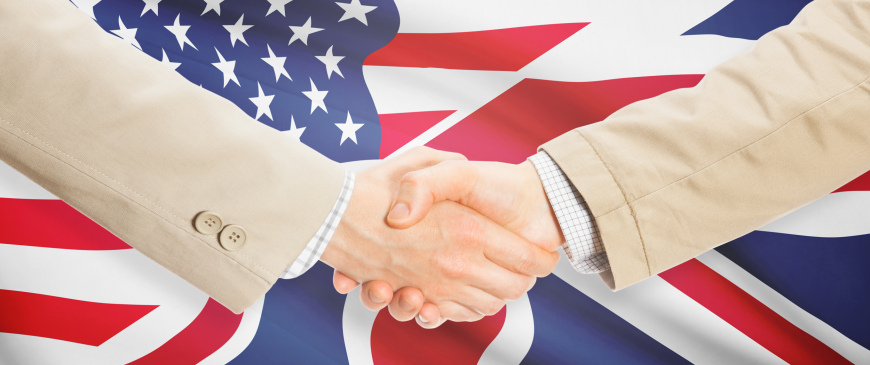
Do you think the UK really cares about getting a US trade deal?
Despite a trade deal with the US being popular with many in the Conservative party, it does not appear to be a number one priority for Number 10. Earlier this year, for example, the UK prioritised the speedy rollout of 5G telecommunications infrastructure — and the inclusion of Huawei — over the immediate relationship with the US (the UK’s position eventually changed, but this had more to do with events in Hong Kong and anti-Chinese sentiment driven by Covid-19 than US trade deal conditionality). The UK’s main issue is that the negotiation is not really with the US — it is with itself. The UK knows what it has to concede to strike a trade deal with the US, but making the concessions is likely to be unpopular at home. Or to put it another way: it’s not clear there are any votes to be gained from saying yes to chlorinated chicken and hormone-treated beef.
Why do you think the EU needs to ‘green’ its trade agreements?
Cynically speaking, the Mercosur association agreement, for example, has no chance of being signed off unless the EU’s environmental objectives are given greater prominence. We have already seen the EU make compliance with the Paris agreement an “essential elements” clause for future trade deals (allowing the deal to be suspended if there is a breach), but this will probably not be enough. Member states and the European Parliament are looking for trade concessions to be made conditional on compliance with a wider range of sustainable development criteria.
An interesting “green” issue that has been teased out by the EU’s trade negotiations with the UK is that existing EU FTAs inadvertently discriminate against the trade in electric vehicles. Simply put, the rules of origin criteria for cars make it incredibly difficult (if not impossible under some EU trade agreements) for EU-produced electric vehicles to qualify for tariff-free trade. This is due to the rules of origin criteria treating the battery (which makes up about 50 per cent of the value of an electric car) as foreign, even if it is assembled within the EU. The UK has reportedly proposed new criteria that would fix this problem, but the politics of Brexit make it difficult for the EU to engage. Regardless, this is an issue that needs to be resolved: it is not a good look for the EU to have FTAs that penalise trade in greener alternatives.
How significant is the UK/Japan trade deal?
Brexit was viewed by the Japanese and Japanese companies — who had invested in the UK as an entry point into the EU’s single market — as a breach of trust by the British. This FTA goes a little way towards repairing some of the damage and resetting relations. Inevitably, lots of people in the UK want to know if the FTA is better or worse than the EU’s with Japan. It is largely the same, but with some differences that arguably better reflect the UK’s priorities. On paper, the UK has slightly less agriculture market access than the EU — it has given up access to some of the tariff-rate quotas included in EU-Japan, and then resigned itself to the EU’s yearly leftovers in others. But the UK-Japan deal does include an ambitious digital chapter (unlike EU-Japan), liberal rules of origin criteria and slightly more generous provisions on the temporary movement of people, among other things.
Sam Lowe is a senior research fellow at the Centre for European Reform.
